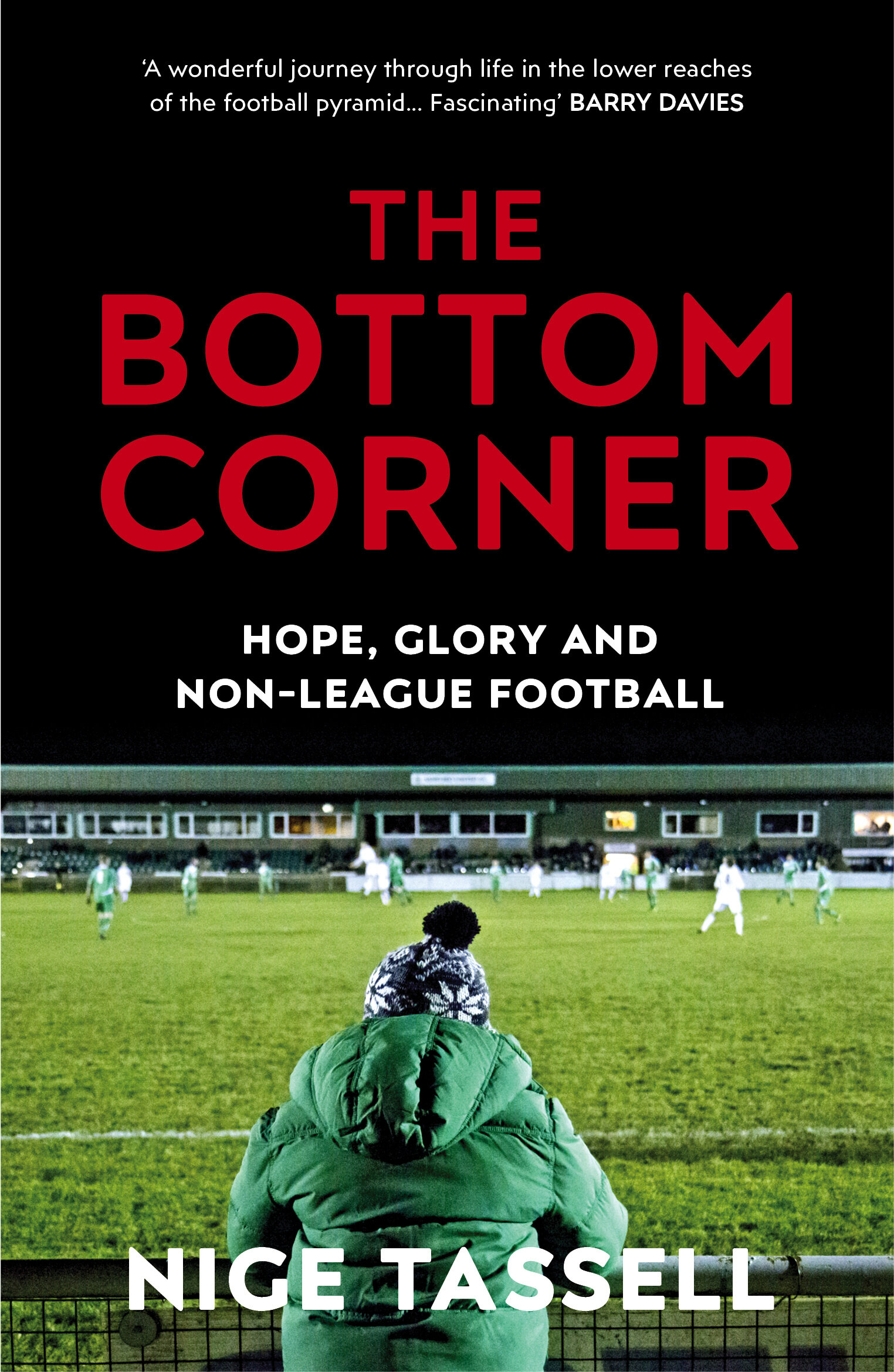Morning Neil. Thanks for taking time out to answer these questions.
1. What have you been up to during lockdown?
Lockdown seemed to last for ages so in that time I took the decision to look after the garden. For the first time in my life, I’ve grown flowers and vegetables! It just seemed to get me out of any DIY that was put to me. If you want to know what I grew, and I’m sure you do, there were tomatoes, sweetcorn, carrots and strawberries. Apart from this, I watched a lot of old repeats of football matches and also tried to keep fit.
2. Do you and players read the forums and online groups?
I like reading anything about football, so I often read other teams forums trying to find out what other clubs were doing.
I think it is hard for any manager or player not to read about things supporters put on forums about themselves or the club, but I do tell the players not to, good or bad as I’m the person they have to keep happy and that I know what I’ve asked the player to do for the best of the team.
3. What’s been your favourite game since becoming manager? And why?
The best games I’ve been involved with as manager at the club so far have been:
a) beating Orient 6-1 at home and then beating them 0-1 away as they were the club to beat in our division at the time.
b) beating Gateshead away to get to the final of The F.A Trophy. What a day that was, and what a journey home in the coach with the players.
4. What was the best substitution you made, best defensive display and best goal in your time as manager?
The best substitution was bringing on Jake Goodman against Sutton while we were drawing. We had a corner, and then within 20 seconds and with his first touch of the ball, he scored the winner.
The best defensive display would have to be the game against Orient (away) when we won 1-0, as we were up against it all game but kept a clean sheet. We also had to do it against York City (away) when they had Jon Parkin (The Beast) and Sam Muggleton, who had the longest throw in the league.
Muggleton was throwing the ball from the half way line to Parkin, right under our crossbar. He was pushing my 'keeper into the goal while trying to touch the ball over the line to get a goal. All their players were massive so when I brought my subs on I picked them on height and not ability 🙈
The best goals would have been any from Louis Dennis. He seemed to only score great goals.
5. Who was the one who got away? A player you really wanted that didn’t quite happen for whatever reason.
A player I wanted but missed out on (as I was told he was to good for us) was Eberechi Eze who is now playing for Crystal Palace.
Myself and Danny Mills watched him playing for QPR reserves and I was told I could have any player from the team. After watching him play I went up to Mark Bircham and asked if we could have him. I was told to leave it a week, in which time he got selected for the first team squad. After that, he played for the first team before being sold to Palace.
6. At Barrow last season, the game was live on TV, it was a 5.20 kick off so hard to get home afterwards and we were playing the League leaders on a freezing January evening - yet around 50 Bromley fans still turned up. Does this kind of support make a difference to you and the players?
I’ve always said the Bromley supporters are amazing. When we travel to the away games on the train and we see the supporters on board before and after the game, we know what they have been through and I know how much time, money and effort they have given us to get to the game.
We appreciate everything that have given to get to that game and we always make sure we put everything into the performance to show our appreciation. We can’t win every time but we can make sure you as supporters see that we are giving you everything we have to try and win every game.
We do love having the support from everyone who makes the effort and we love trying to make you the supporters proud of us as a team and management. We always want to show how much we care about your efforts to get to the game by giving you everything we have to get the result you deserve and that’s to try and win every game for you.











